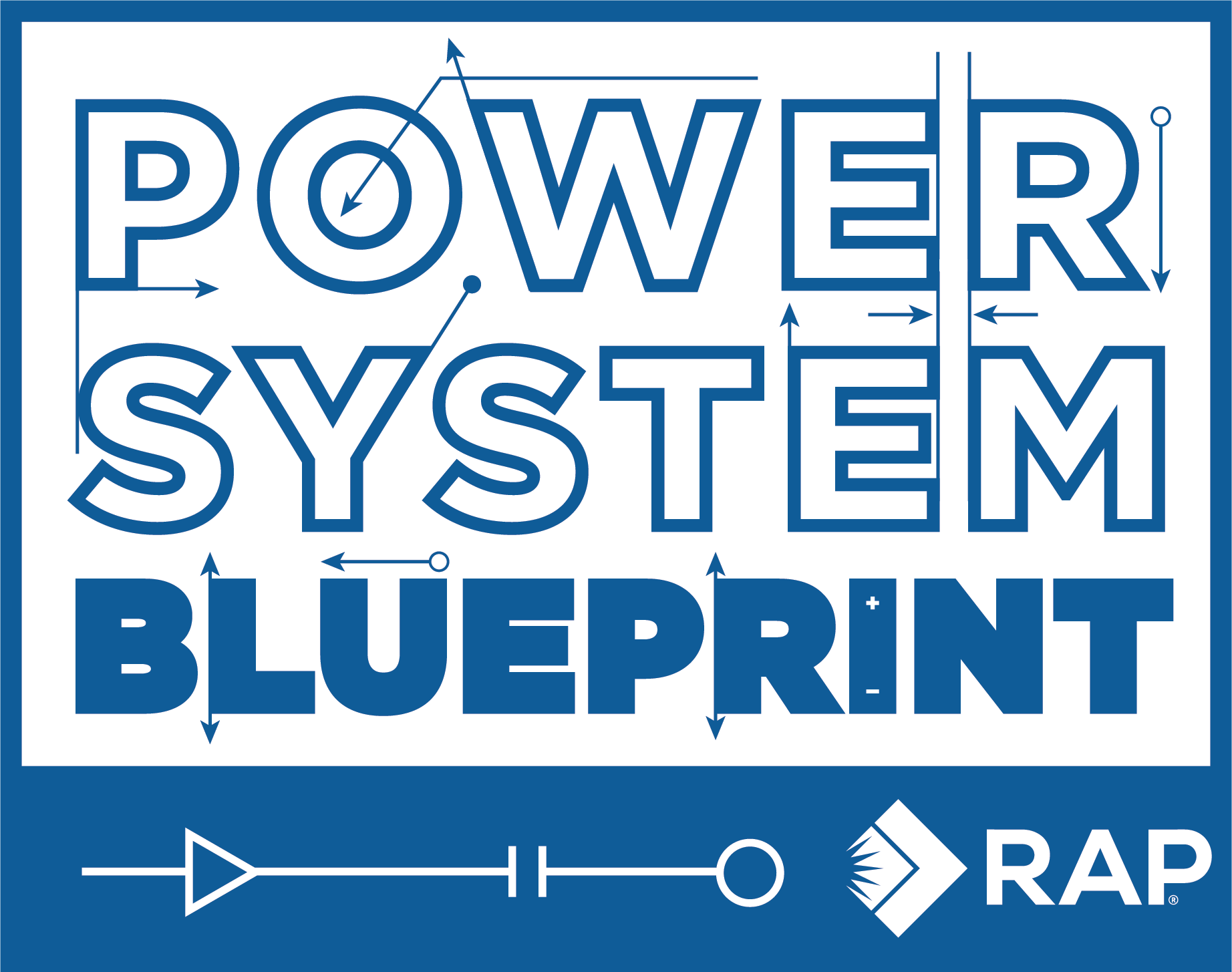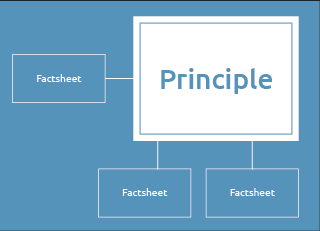The CfD preserves efficient dispatch incentives, even when prices are low: a plant will choose not to generate when prices are below its marginal cost. For example, say the assumed marginal costs of the reference plant is zero. Thus, the reference plant is expected to dispatch even when prices are only just above zero. Say for example a 1MW plant with CfD has a marginal cost of €4/MWh, and prices for a particular hour are €2/MWh. If it dispatches, it incurs costs of €4 and gains revenues of €2, which it is obliged to pay back. Dispatching, therefore, leaves it with a loss of €4. If, on the other hand, it elects not to dispatch, it does not incur the marginal costs of €4 and does not earn market revenues of €2, but it is still obliged by the CfD to pay back €2. Not dispatching, therefore, leaves it with a loss of €2. The plant compares the two scenarios and chooses not to dispatch.

 Quick guide on how to use this website:
Quick guide on how to use this website: